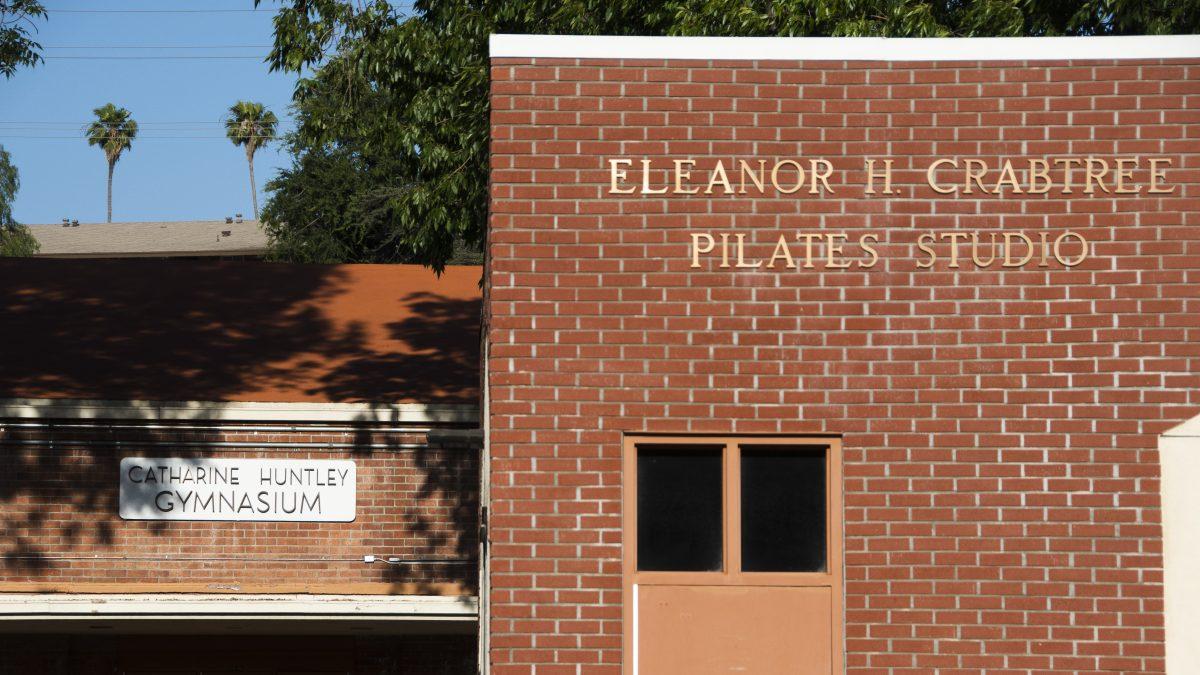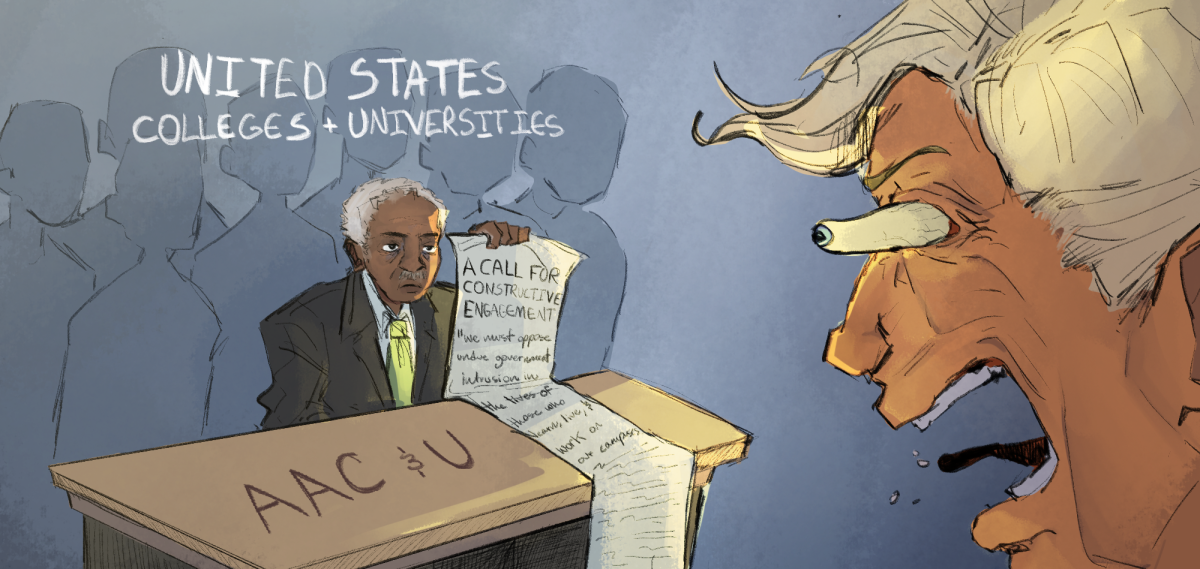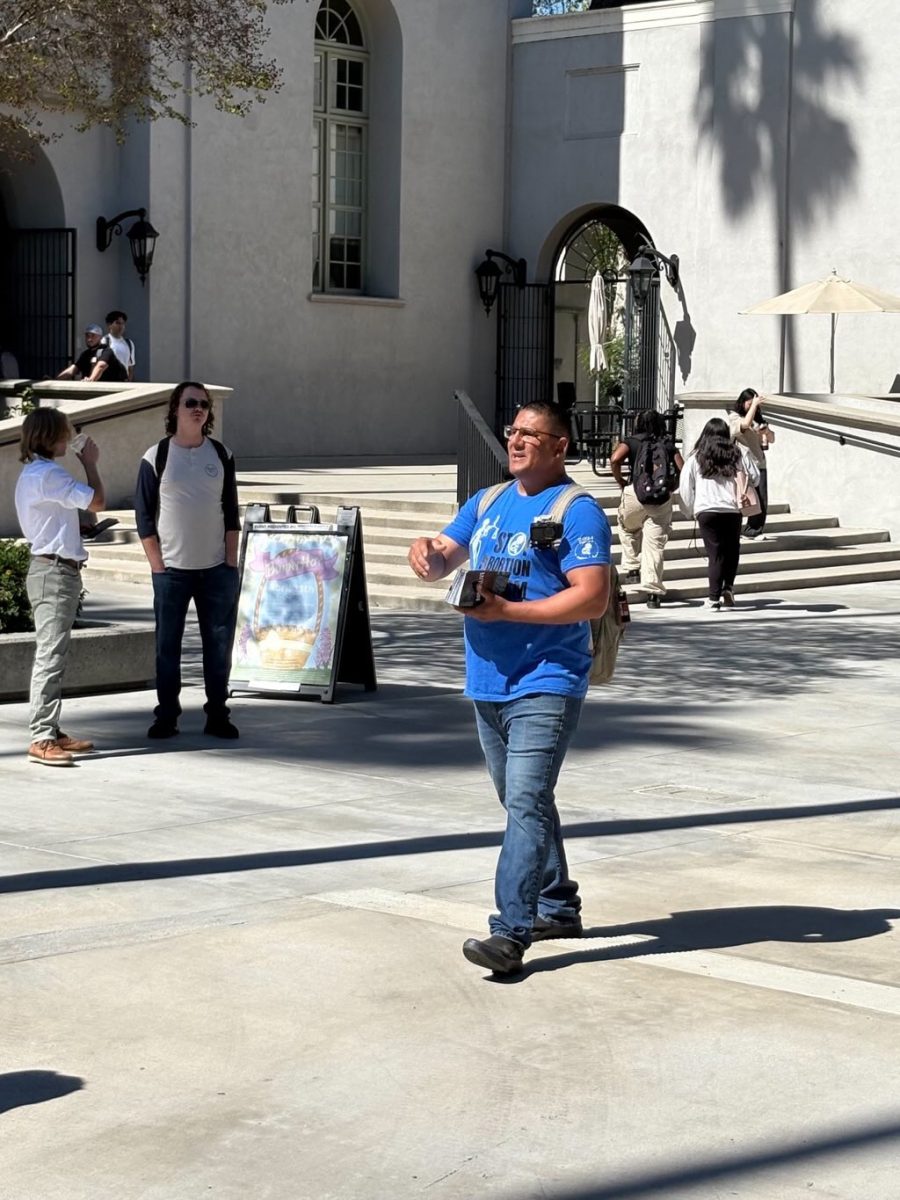By William L.G. Stephens
Programs at Riverside City College have experienced a drastic reduction of instruction hours, blindsiding several program heads.
Faculty were notified just days before the spring 2022 term began.
“Three days before the semester started, I had to call faculty to tell them, ‘I’m sorry you don’t have a class anymore,’” dance chair Mark Haines said. “That was hard to tell someone, ‘I’m sorry you won’t be able to put food on your table or pay your car payment, because (of) this thing that came out of the blue.’”
Haines has been an instructor for 21 years. He said the decision would ultimately delay dance students from receiving their associate degrees as quickly as they have in the past.
“It makes me personally feel like the district, the administration, don’t really care about dance,” Haines said. “What other way am I supposed to think about it?”
According to Haines, the budget cuts affect RCC dance more than other classes within the Visual, Performing and Creative Arts Department because it is the only program that does not receive support from the district for its concerts.
Haines explained that he went to his dean John Adkins, who wanted to help, only to find that Adkins’ hands were also tied.
“The email that Dan (Hogan) received from Dariush (Haghighat), felt angry,” he said. “It made it clear he was saying, ‘Stop asking about this.’ (But) it’s just people trying to figure out how we’re going to go about our program.”
The Honors program was also affected by this decision, according to Dan Hogan, English instructor and Honors program director.
According to Hogan, the changes now allocate 100 hours for a 300-hour job.
This gave Honors faculty, and other programs in the same predicament, two options: significantly reduce necessary services for students or work for free.
Hogan had already completed 130 hours of work by the end of April. This concerned Hogan because May is one of the busiest months of the spring semester and he already surpassed the new allotted hours.
“It’s hurting our Honors program,” Hogan said. “These are low-income, non-traditional and students of color. Honors is the vehicle by which they can access universities such as UCLA and UCI. This is a vehicle for equity and RCC is letting it die.”
Hogan spoke with Lynn Wright, vice president of Academic Affairs, and Kristi Woods, dean of Instruction, Languages, Humanities and Social Sciences, on Zoom in early February — Woods is responsible for overseeing the Honors program — and described how Wright asked him to explain to her what the Honors program was and what it does.
“I appreciated the opportunity to meet with the Honors program faculty leadership to learn about this specific program,” Wright said. “The college is responsible to abide by the agreement between RCCD and the Faculty Association. Increases in reassigned time for any program, including Honors, may be considered in the coming academic year. That consideration would be part of a broader discussion about costs, impacts and roles.”
RCC President Gregory Anderson also said increases in reassigned time for any program, including Honors, may be considered in the coming academic year and would be part of a broader discussion, in accordance with Wright.
“The administration is committed to sustaining a strong and successful Honors program,” Anderson said. “The college is responsible to abide by the agreement between RCCD and the Faculty Association.”
Hogan then took the pressing concerns to the Faculty Association in mid-March.
Faculty Association vice president Dariush Haghighat responded to Hogan via email, warning that opening up reassigned time contract negotiations for Honors would impel everyone to renegotiate their agreements.
“I’m tired of explaining and re-explaining this issue,” Haghighat said. “Contract negotiation is a highly time-consuming process. I have a serious problem for people who are not familiar with contract negotiations and collective bargaining getting involved and making comments.”
In previous years, reassigned time was renegotiated through addendums or memorandums of understandings, where the president had the power to reassign, increase or reward more hours to faculty that went over what was negotiated in the contract.
“Honors coordinators were getting reassigned time above what is negotiated in the contract, that is illegal, they are lucky they got that,” Haghighat said. “The district is the management that has the responsibility of reinforcing the contract and now has a new sheriff in town. And that new sheriff is our vice chancellor, and she’s going over the contract with fine-tune.”
Hogan followed up by emailing Anderson for direction on where to submit a proposal. He said Anderson responded by acknowledging there should be a process but did not know what it was.
“At the end of the day, it is not the job of the union to educate (faculty) about the contract. It is the job of the administration,” Haghighat said. “Why do you think the district has voted a ‘no confidence’ vote of President Anderson? He has repeatedly failed to live up to his responsibility.”
The assurance that more hours were available if needed is what kept many of RCC’s programs afloat after being denied their request for an education adviser. A majority of those programs are in the Visual, Performing and Creative Arts Department.
A lack of tenure prevents other faculty members from coming forward, according to Haines.
“The union is very powerful here,” Haines said. “I would like to think they are making decisions based on ethics and morals, recently I have questioned if that’s the truth. I think that sometimes they can target a person that they decide is ruffling too many feathers and asking too many questions, and so things can happen to those people.”
Faculty members like Hogan and Haines are frustrated, not from the lack of funding, but from the lack of administrative response.
“Our students don’t deserve to be caught in the crossfire because the adults in the room couldn’t figure it out,” Hogan said. “I’m not asking for a miracle, I’m asking for an answer, an explanation or, at least, a reply to my email.”
Communication has increased recently between Hogan and Wright over the budget cuts. Although Hogan is appreciative of the increase, he feels he has wasted a semester. He also finds it highly unlikely that anything will change.
Haines is currently working on the lighting design of his dance concerts for free.
Hogan has informed the Honors program that fall 2022 will be his last semester in the program.












